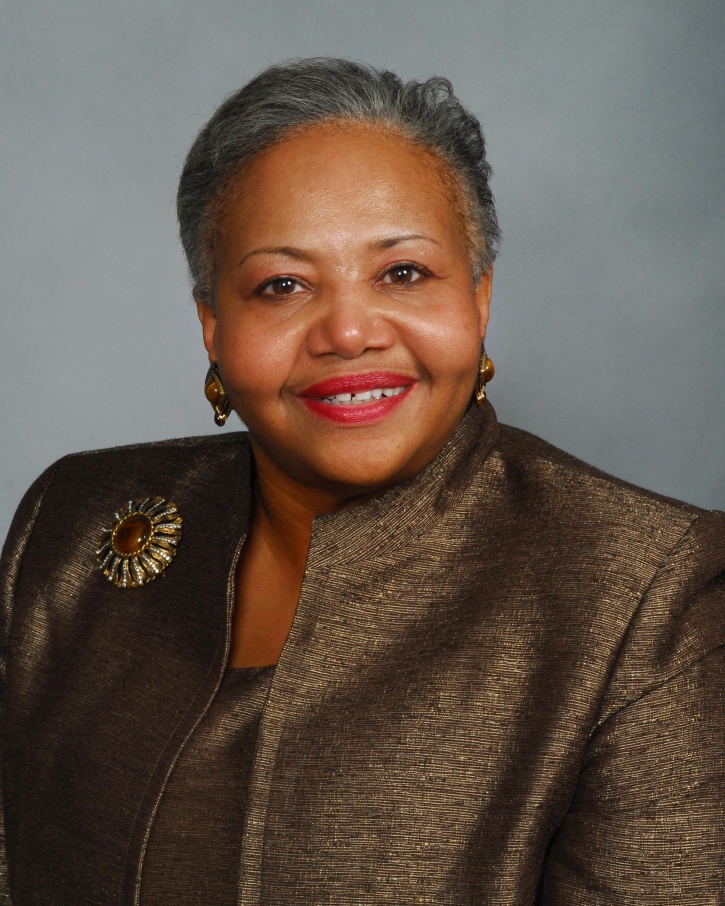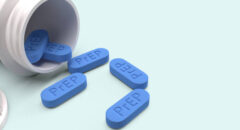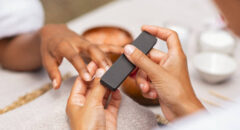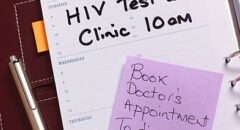
“You need to know your status.” Those simple, yet true words of advice come from HIV advocacy pioneer Debra Fraser-Howze and in a recent interview with BlackDoctor.org, she breaks down the importance of getting tested and how it can be done in the privacy of your own home.
Since the HIV/AIDS epidemic was first introduced, there have been major advancements with testing and preventative measures including OraQuick and PrEP.
“PrEP is an antiviral medication. You take a pill as a preventative action. OraQuick is a test that gives you the ability to test yourself and get an accurate result at home,” said Fraser-Howze, who recently retired from her role as Senior Vice President, Government and External Affairs at OraSure where she was instrumental in the launch of the OraQuick In-Home Test.
“I understand that if our community is going to get out of this epidemic, we are going to have to test our way out,” Fraser-Howze added.
Not only is the OraQuick In-Home HIV Test based on the same test that healthcare professionals have used since 2004, it’s also the first rapid in-home test approved by the FDA. “When a person gets a virus, their body produces antibodies to respond to the virus and once you can detect the antibodies that are specific to HIV in your body, you can know that you are HIV positive,” explained Fraser-Howze. “It’s a simple swab of the mouth; there are no needles and your antibodies will show up in 20 minutes.”
Testing at home, according to Fraser-Howze, is not only convenient but also empowering. She shared, “You control your destiny with the test. You take the test on your time, in your own space and you get your own result. I think that’s a critical component of how we need to look at this today.”







